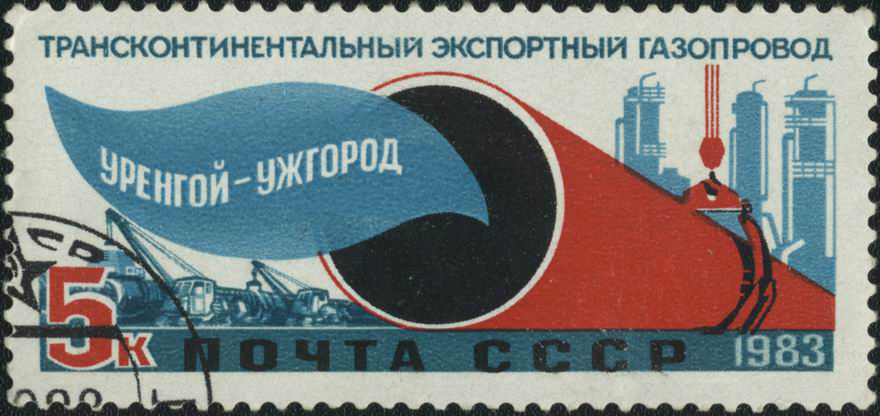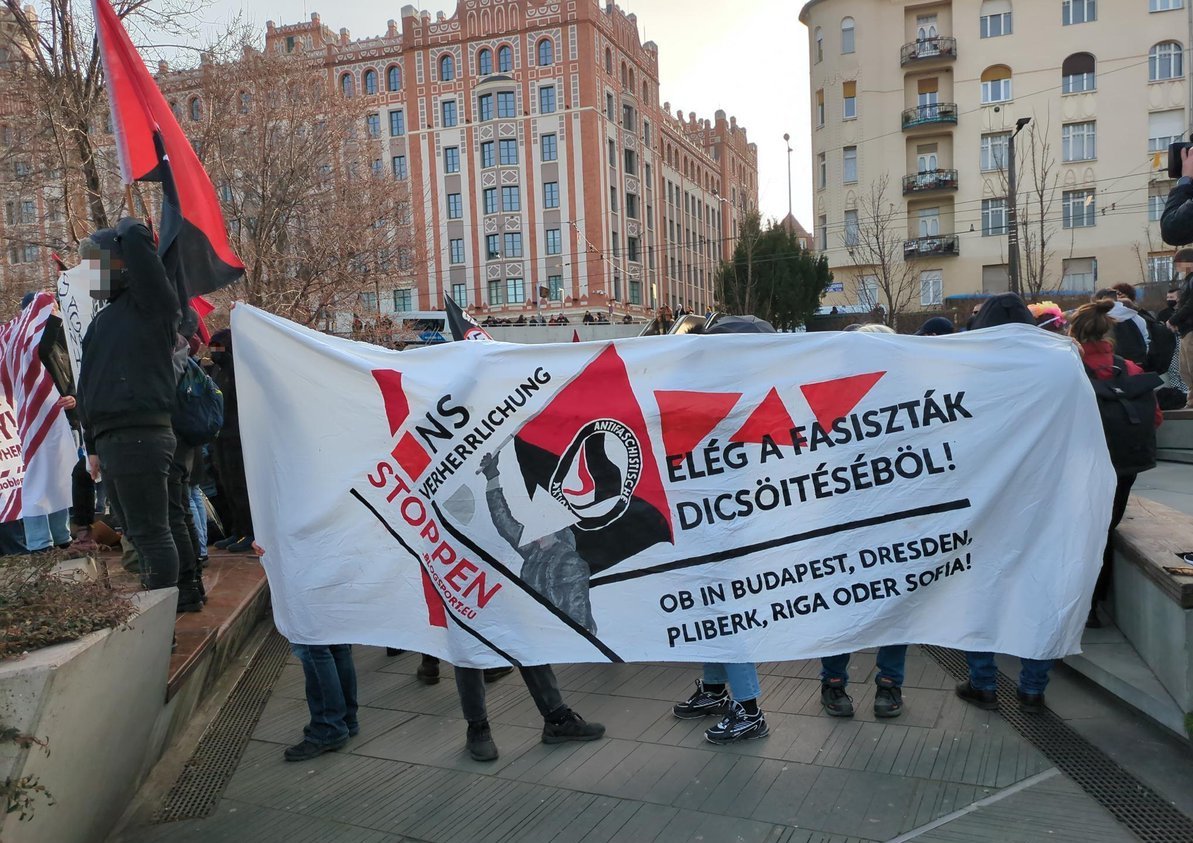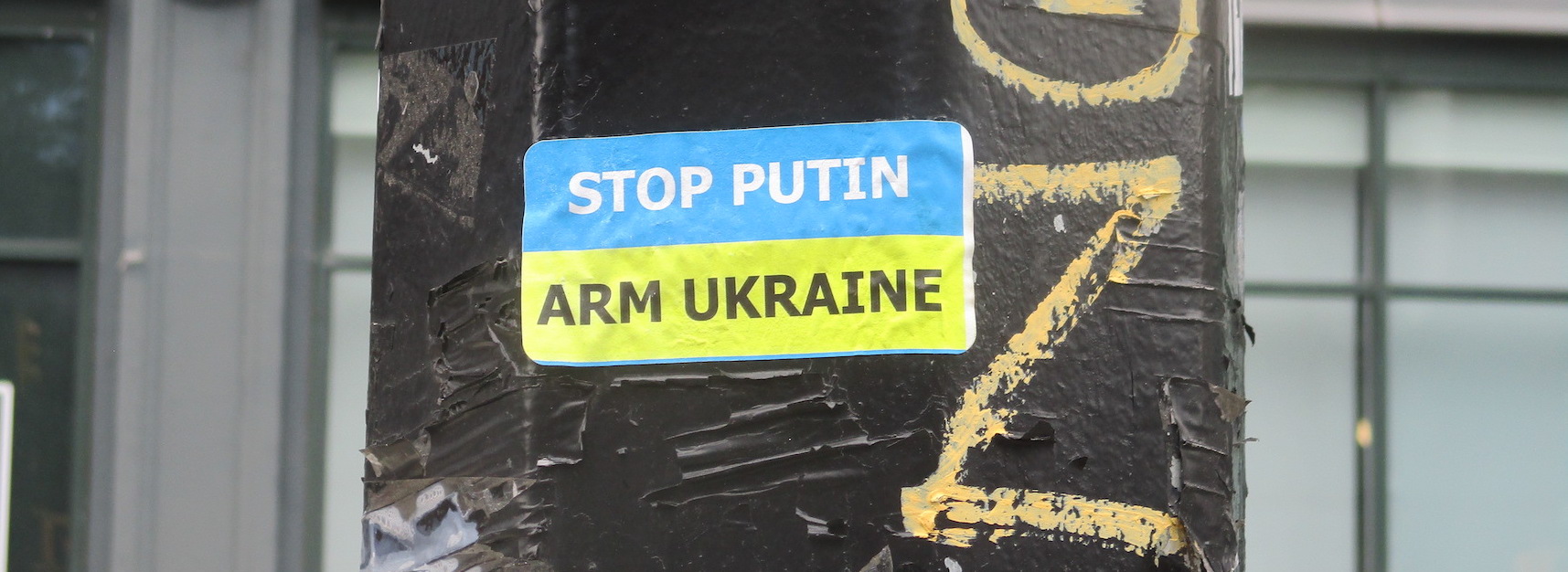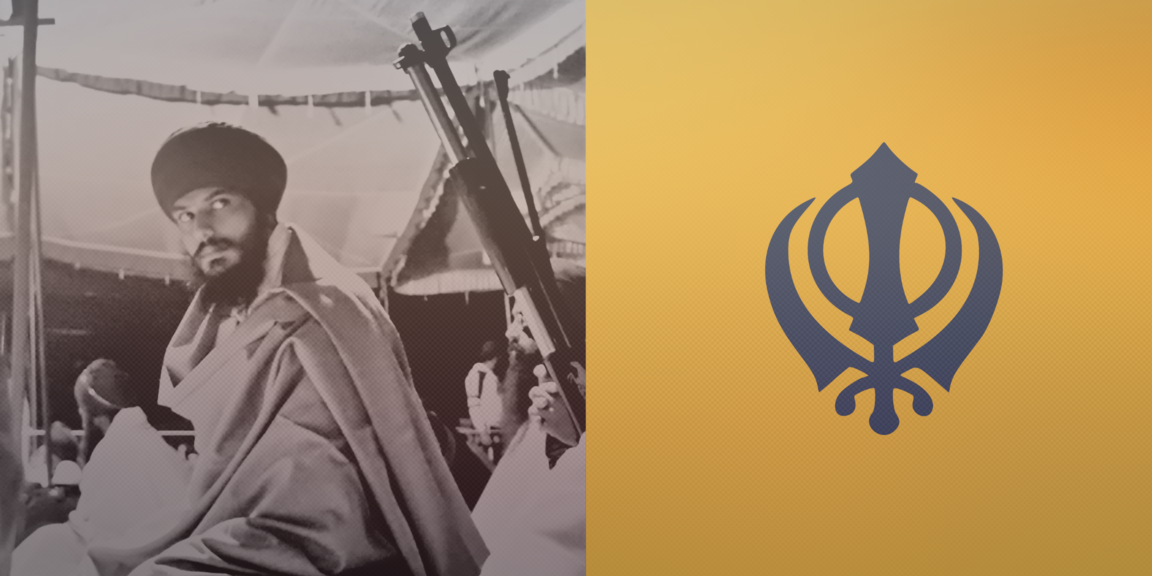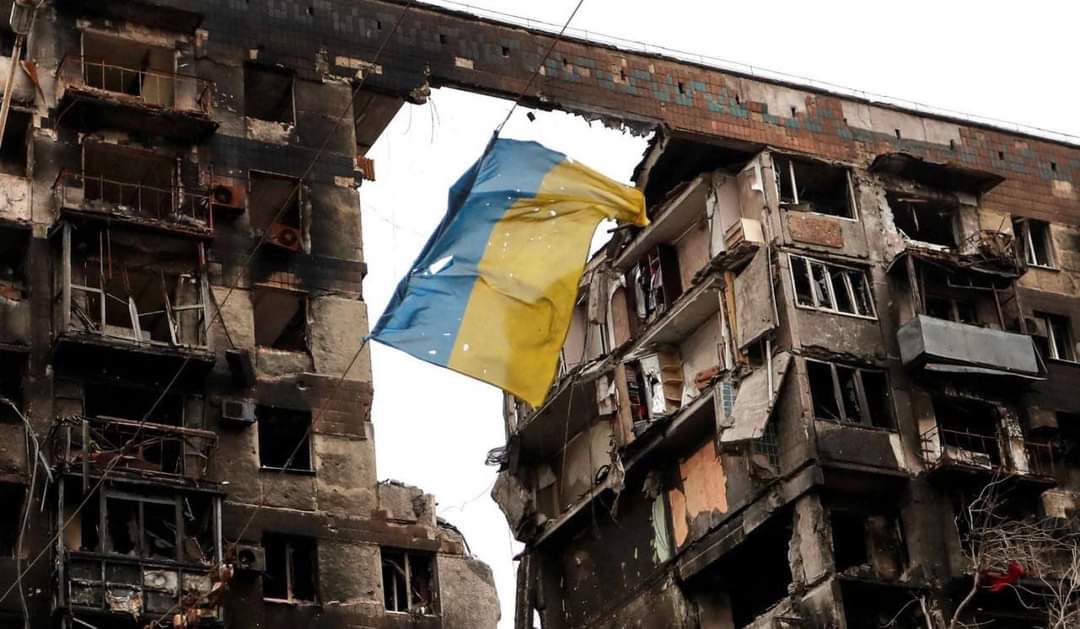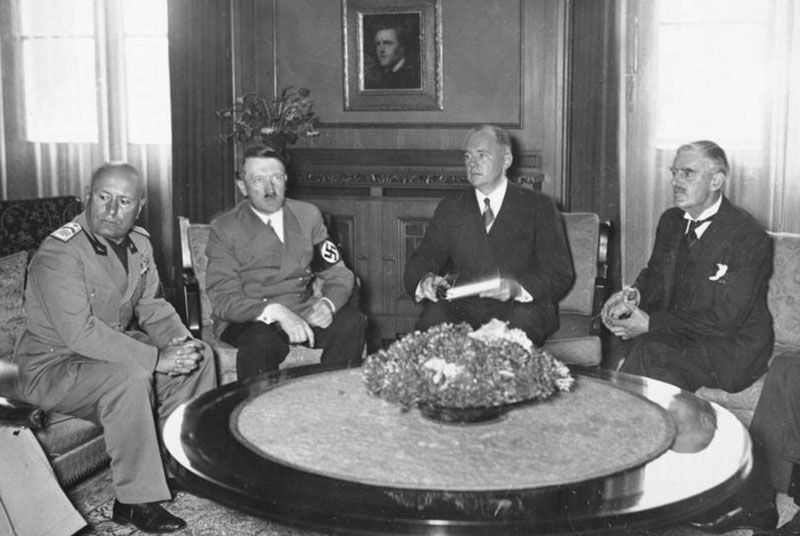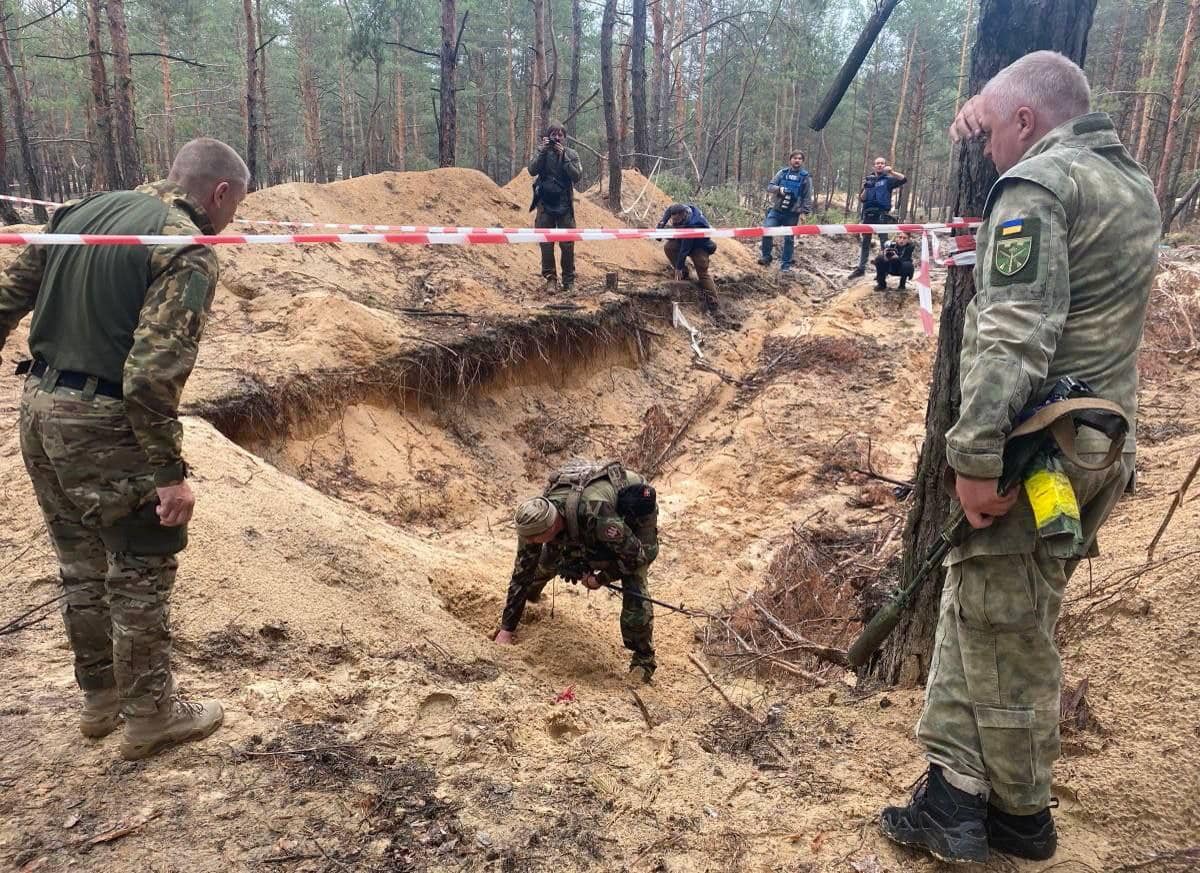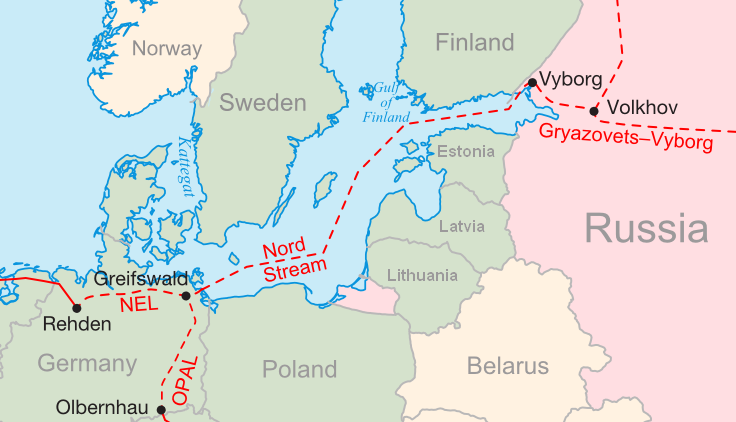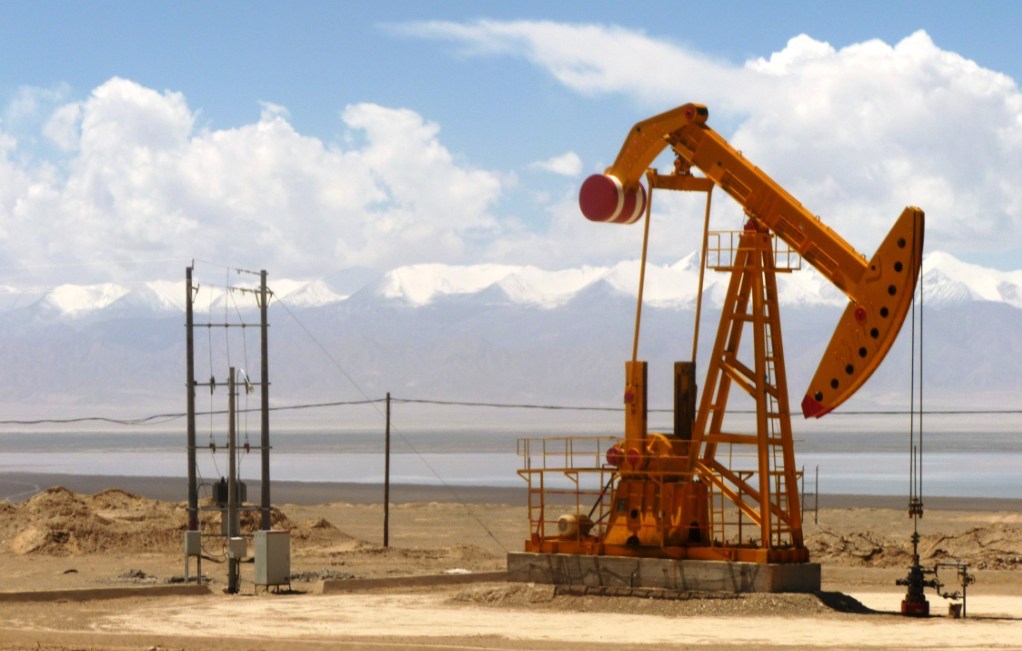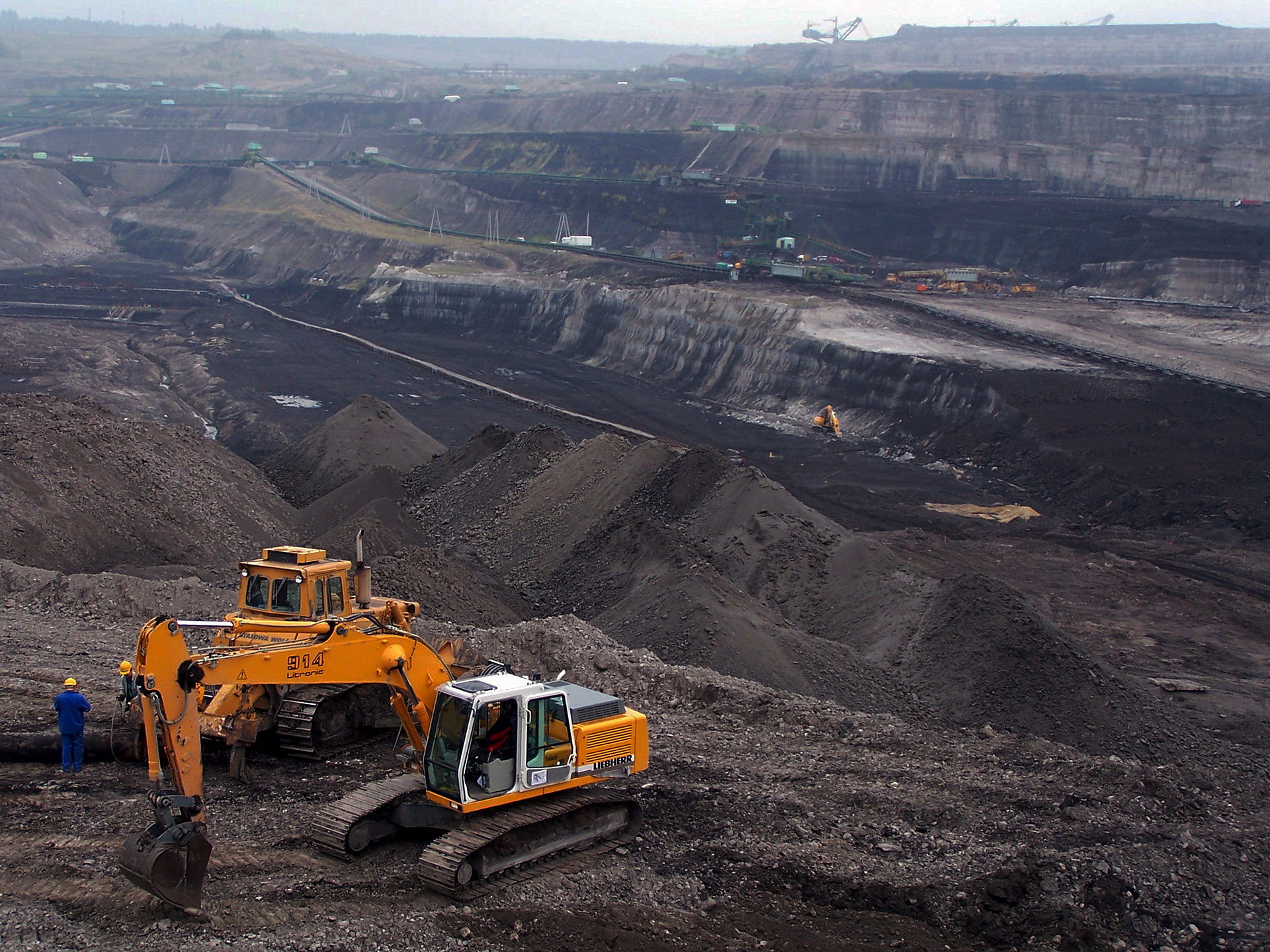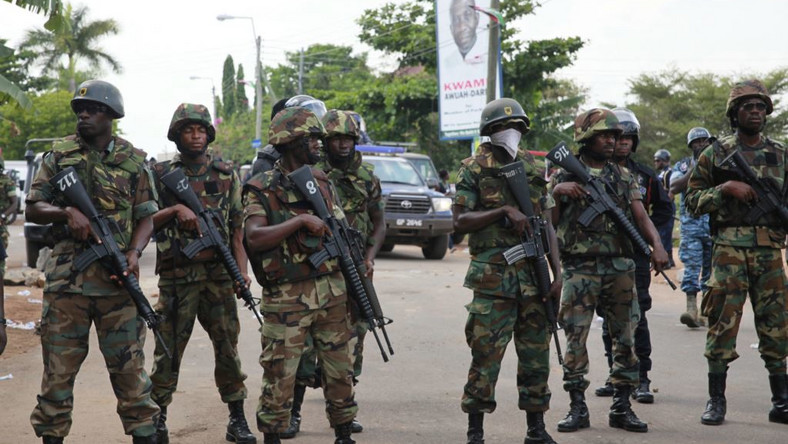
Storms and floods kill hundreds around the globe
Typhoons, storms and flooding have killed hundreds and left millions homeless across four continents in recent days. More than 600 people—mostly in Vietnam and Burma—died whenSuper Typhoon Yagi, one of the strongest typhoons to hit Southeast Asia in decades, tore through the region, triggering landslides. In China, Typhoon Bebinca battered the commercial capital, Shanghai, forcing more than 400,000 people to evacuate. In Europe, at least 23 people died when Storm Boris dumped five times September’s average rainfall in a single week. In the United States, parts of North and South Carolina recorded 45 centimeters of rain in 12 hours—a statistic so rare it’s considered a once-in-a-thousand-year event. Inevitably, the wild weather has been devastating for more vulnerable countries. In conflict-affected northeastern Nigeria, half of the city of Maiduguri is under water after a local dam overflowed following torrential rains; recently emptied displacement camps are being used to shelter the homeless. In neighboring Chad, meanwhile, flooding has killed more than 340 people in the country’s south. (Photo: CounterVortex)



